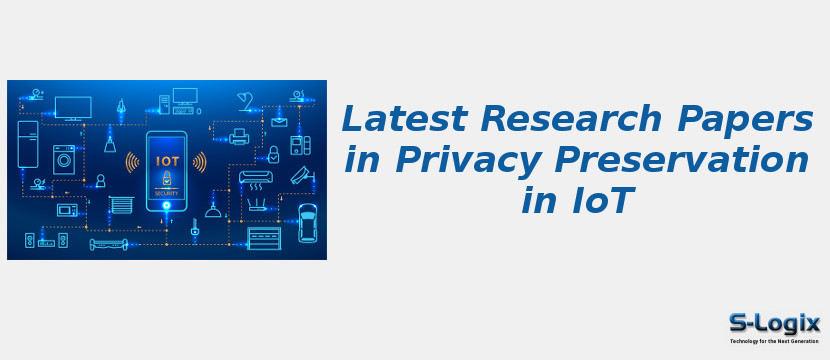Privacy preservation in the Internet of Things (IoT) is a critical research area that addresses the protection of sensitive user data collected and transmitted by interconnected devices and sensors. Research papers in this domain focus on designing secure and privacy-aware frameworks for data collection, storage, sharing, and analytics across heterogeneous IoT networks. Key contributions include lightweight encryption, differential privacy, secure multi-party computation, blockchain-enabled access control, and federated learning for distributed privacy-preserving model training. Recent studies also explore context-aware privacy policies, anonymization techniques, and intrusion detection systems to mitigate risks from unauthorized access, data breaches, and malicious attacks. Challenges such as resource constraints, scalability, interoperability, and compliance with regulatory standards like GDPR and HIPAA are actively investigated. By integrating privacy-preserving mechanisms with edge/fog computing, AI-driven analytics, and secure communication protocols, research in IoT privacy preservation aims to enable trusted, secure, and user-centric IoT ecosystems.
